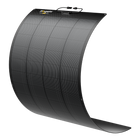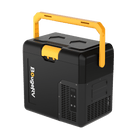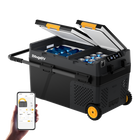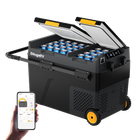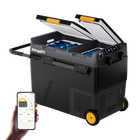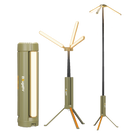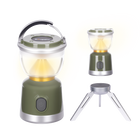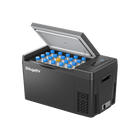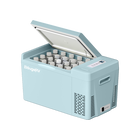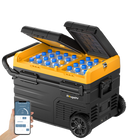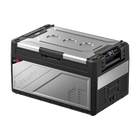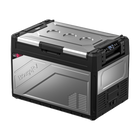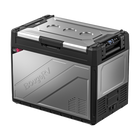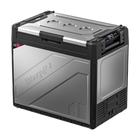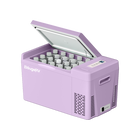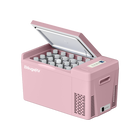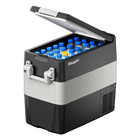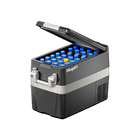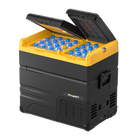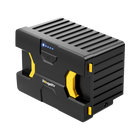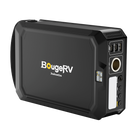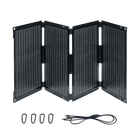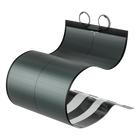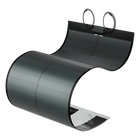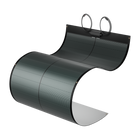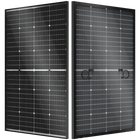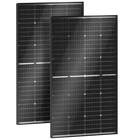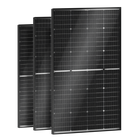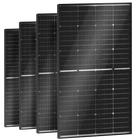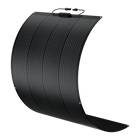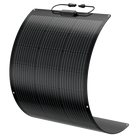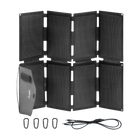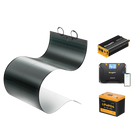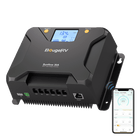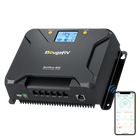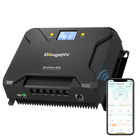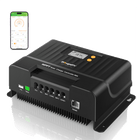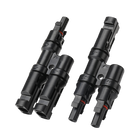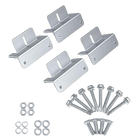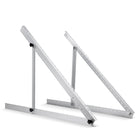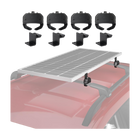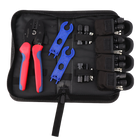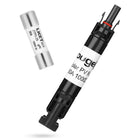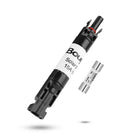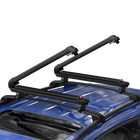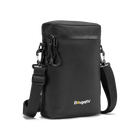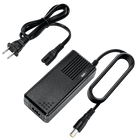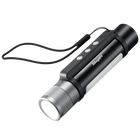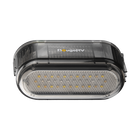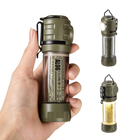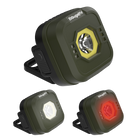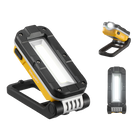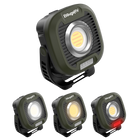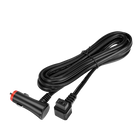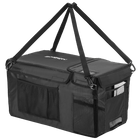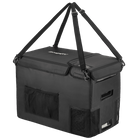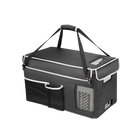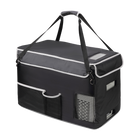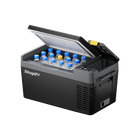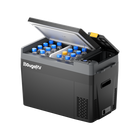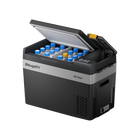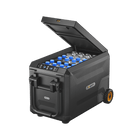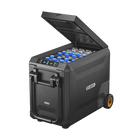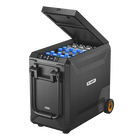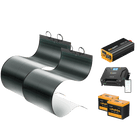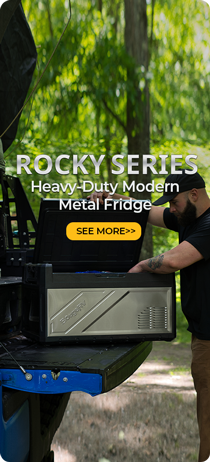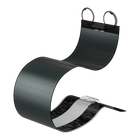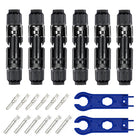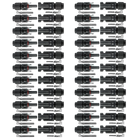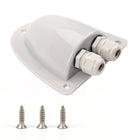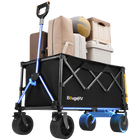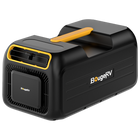How to Keep the Fridge Cold Without Power?


Losing power can be a major inconvenience, but it’s even more problematic when you’re trying to prevent your food from spoiling. A refrigerator is essential for keeping perishables fresh, and without power, you risk food spoilage and waste. Fortunately, there are several strategies you can employ to keep your fridge cold during an outage.
In this blog post, we’ll explore some of the best practices for maintaining the temperature of your refrigerator when the power goes out.
Understanding How Refrigeration Works
To effectively keep your fridge cold without power, it’s helpful to understand how refrigeration works. At its core, refrigeration is about heat removal. Your refrigerator uses a refrigerant that absorbs and releases heat as it cycles through the system, thereby keeping the interior cool. Insulation helps to slow down the transfer of heat from the outside to the inside. When there's no power, the refrigeration cycle stops, but the insulation still provides a temporary barrier against warmth.
Preparation is Key
Before an emergency strikes, it’s wise to prepare for potential power outages. One way to do this is by maintaining your refrigerator in good condition. Ensure the door seals are tight and the coils are clean to maximize efficiency. Additionally, consider having a few frozen gel packs or blocks of ice on hand that you can place in the fridge to help maintain low temperatures during an outage.
Avoid Opening the Door

The simplest yet most effective tip for keeping your fridge cold without power is to avoid opening the door. Every time you open the fridge, warm air enters, forcing the inside temperature to rise. The less often you open the door, the longer your fridge will stay cold. It’s generally advised that a full freezer can hold its temperature for 48 hours (24 hours if half-full) and a refrigerator will keep food safe for up to 4 hours after losing power.
Use Ice Blocks and Freeze Containers of Water
Placing ice blocks or containers filled with ice in your refrigerator and freezer can help maintain lower temperatures. Before an expected power outage, fill plastic containers with water and freeze them. When the power goes out, distribute these throughout the refrigerator to keep the space cool. This not only helps maintain the temperature but also utilizes empty space, which can help improve energy efficiency.
Group Food Together
When your fridge loses power, group all your food items together. This creates a sort of ‘chill zone’ where the mass of cold items can help maintain their collective temperature. Place meats and dairy, which are more prone to spoiling, in the center where it’s coldest, and use crisper drawers for produce that might withstand a slight temperature increase.
Utilize a Portable 12V Fridge
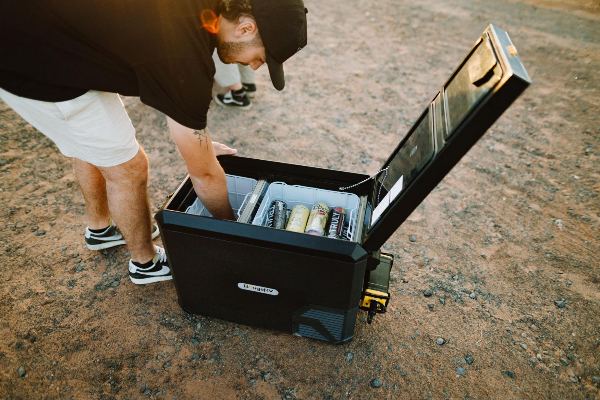
If you anticipate a prolonged power outage, consider transferring perishable food items to a portable electric cooler that can run on solar power without using ice packs. This type of electric cooler can maintain cold temperatures for extended periods and can serve as an excellent backup to keep essential items fresh. Check out more details about BougeRV’s 12V fridges or power outages.
Insulate the Appliance
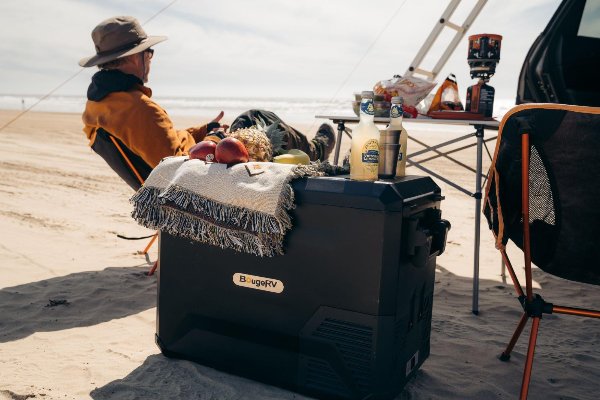
Drape blankets or sleeping bags over your fridge and freezer to add extra insulation. This can help keep the cold air trapped inside for a longer period. Make sure not to block any vents or areas that could potentially cause overheating if the power returns unexpectedly.
Check the Temperature
An appliance thermometer is a useful tool to have in both your fridge and freezer. Knowing the exact internal temperature can help you manage the situation more effectively and determine the safety of your food. If the temperature rises above 40°F in the refrigerator or above 0°F in the freezer, perishables may start to spoil.
Cook Perishables
If an extended power outage is certain, consider cooking perishable items like meats and certain dairy products. Once cooked, these items last longer without refrigeration than they do in their raw state. You can consume these foods within a few days or until they reach unsafe temperatures.
Stock Up on Non-Perishables
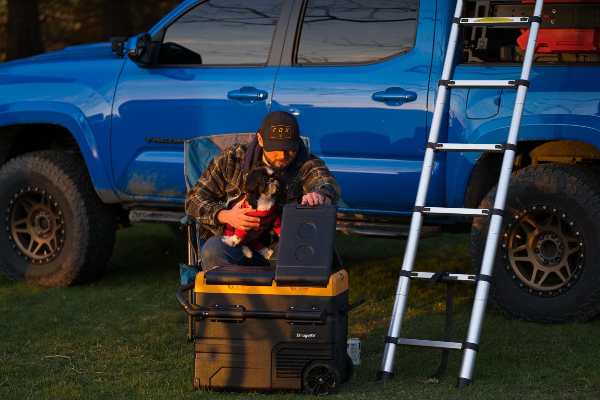
Having a selection of non-perishable food items can reduce the stress and dependence on electricity for preserving your food. Stock your pantry with items like canned vegetables and fruits, grains, nuts, and other foods that don’t require refrigeration. This ensures that you’ll have access to a sufficient food supply even if your fridge can't be kept cold.
Invest in a Solar Generator
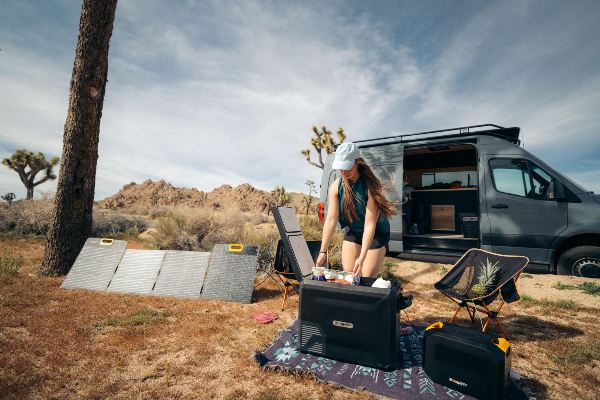
If you live in areas prone to frequent power outages, investing in a solar generator could be worthwhile. A generator can provide enough power to keep your refrigerator running during an outage.
Be Mindful of Safety
Lastly, always prioritize safety over saving food. Eating spoiled food can lead to foodborne illnesses. If you’re in doubt about whether something is still safe to eat, it’s better to err on the side of caution and throw it out.
Conclusion
Keeping your fridge cold without power requires smart preparation and swift action. By understanding how cold is maintained and using these strategies, you can significantly extend the life of your perishables during a power outage. Remember, it’s vital to stay vigilant about the temperature and safety of your food to prevent waste and protect your health. With these tips, you're now equipped to handle an unexpected loss of power like a pro.
Remember to always keep an eye on future weather forecasts and community alerts for power outages, so you can put these strategies into practice ahead of time. By preparing early and knowing how to keep your fridge at a safe temperature, you can minimize food loss and ensure that you and your family stay safe and well-fed, even when the lights go out.





